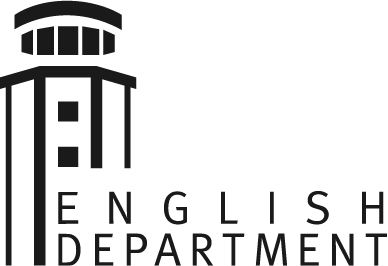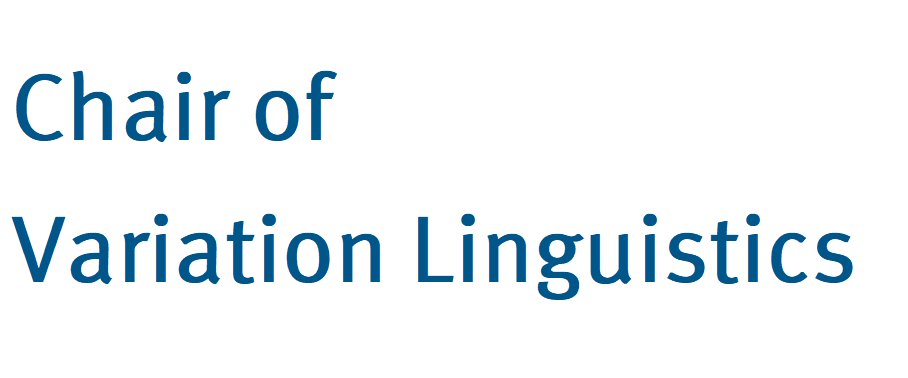Sample 2: Spoken - Dialogues - Private - Face-to-face conversations - S1A-084 – Tobago
In this sample, a German researcher (speaker Z) talks to a Tobagonian customer service employee (speaker A). The conversation takes place in a shop in Crown Point, Tobago. The speaker from Tobago explains linguistic peculiarities of Tobago in contrast to Trinidad and talks about the use of “proper” English and Tobagonian Creole in schools.
<$Z><#>OK<#> But uhm when you speak to <}><-><.>Trin</.></-> <=>Trinidadians</=></}> do <}><->they</-> <=>they</=></}> understand you when you switch to <{><[>Creole</[></X>
<$A><#><[>Sometimes</[></{> they do<,> <{1><[1>but</[1> <}><->they must</-> <=>they know</=></}> to differentiate between a Trinidadian and a Tobagonian<{2><[2><,,></[2> <#>So normally I go be like<,> you from Tobago
<#>I does be like yeah
<#>Even though you’s speak proper English<{3><[3><,></[3> they will know that you are from Tobago even though <#>Cos we have a certain accent<{4><[4><,></[4> <#>Even if I speak to a Tobagonian or a Trinidadian<,,> I <{5><[5>will</[5> differentiate too
<X><$Z><#><[1>OK</[1></{1>
<$Z><#><[2>OK</[2></{2>
<$Z><#><[3>Mh</[3></{3>
<$Z><#><[4>OK</[4></{4>
<$Z><#><[5>Yeah</[5></{5>
<$Z><#>OK OK <#><{1><[1>And</[1><,> yeah people tell me that people in Trinidad they have this <{2><[2>singsong</[2><#>What about people in Tobago</X>
<$A><#><[1>Yeah</[1></{1>
<$A><#><[2>Yeah</[2></{2>
<$A><#>Not <}><-><.>ne</.></-> <=>we</=></}> more flat<{1><[1><,></[1> flat <#>They go be like hello what’s up
<#>We go be like hello what’s up
<{2><[2><,></[2> <#>Like that <#>So <}><->is</-> <=>you</=></}> could differentiate between a Trinidadian and a Tobagonian
<X><$Z><#><[1>OK</[1></{1>
<$Z><#><[2>OK</[2></{2>
<$Z><#>OK<,> OK <#>Uhm<,> but I mean <}><-><.>i</.></-> <=>in</=></}> schools <{1><[1>in</[1> Tobago <{2><[2>is</[2> it like only Standard English or<,,> or what’s</X>
<$A><#><[1>Mhm</[1></{1>
<$A><#><[2>Mhm</[2></{2>
<$A><#>Well they’ll try to teach it during English classes<{><[><,></[> <#>But normally they try to cut us off from speaking dialect as much <#>But<,> is already in our culture <#>So we’ll tend to speak it even though we try to speak proper English<,,> it wouldn’t be there like fully fully fully unless you know you have to be in a area where you know you have to or you’ll be around it all the time then <#>But normally in schools children <}><->talk to</-> <=>speak</=></}> a lot of dialect
<X><$Z><#><[>OK</[></{>
<$Z><#>OK <#>But then the teacher interrupts when they speak dialect and forbids it</X>
<$A><#>Yeah they go say you need to speak proper English
<$Z><#><[2>OK</[2></{2>[…]</X>
Markup symbols
| <$A>, <$B>, <$C>, etc | speaker ID |
| <#> | text unit markers (~ sentences) |
| <,> | short pause (approximately one syllable) |
| <,,> | longer pause (two syllables and more) |
| <$A> ... <{> <[> ... ... <$B> ... <[> ... ... |
overlaps (two or more speakers talking simultaneously) |
... |
quotations |
| laughter and other paralinguistic utterances | |
| <}> <-> ... <=> ... | repetitions, hesitations, self-corrections |
| <.> ... | incomplete word |
| <X> … </X> | extra-corpus text |


